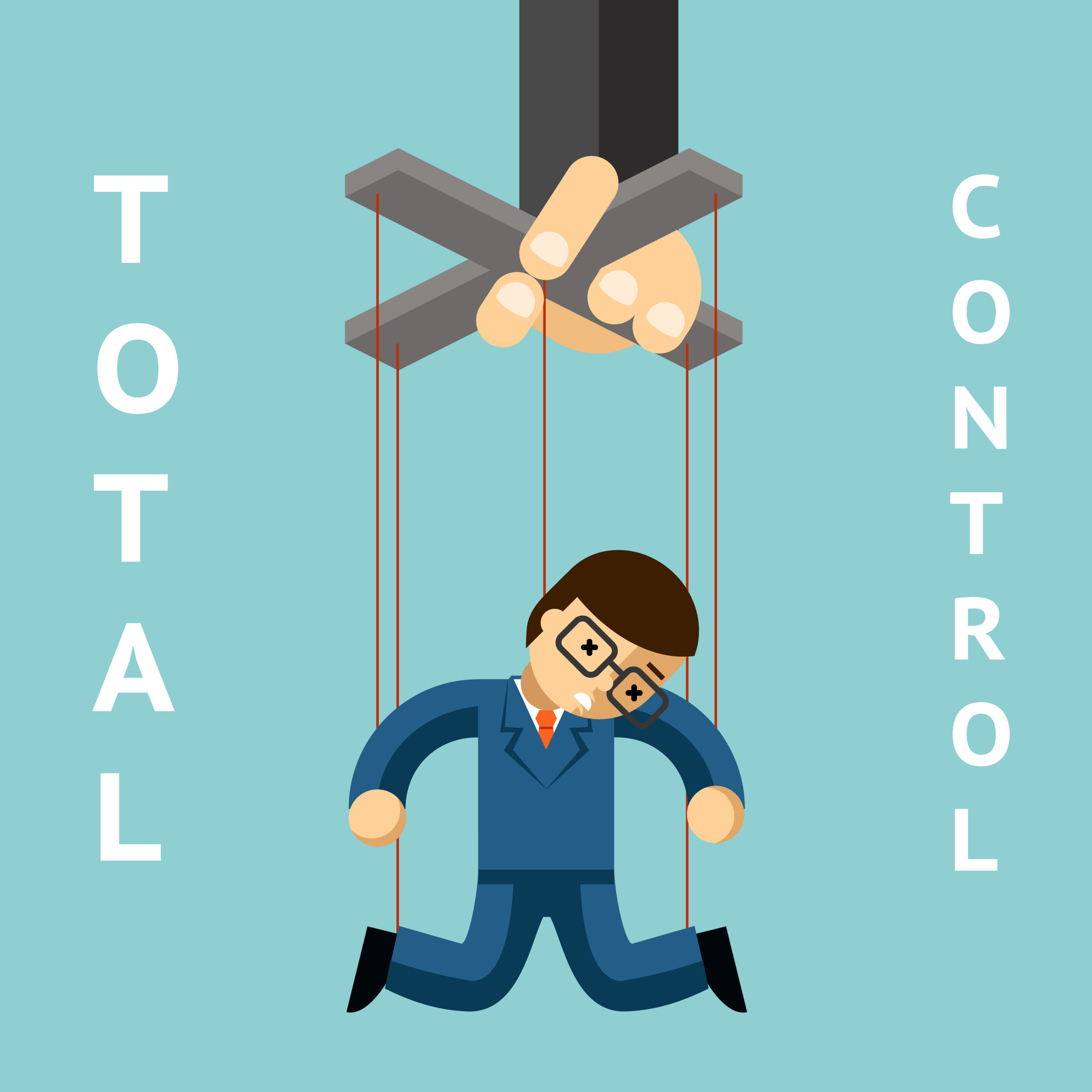Exploit involves using situations for gain, while manipulate entails skillful control or influence for personal advantage, often with deceitful intent.
TL;DR Exploitation Vs. Manipulation
Exploitation typically refers to taking unfair or unjust advantage of someone or something for personal gain, often without regard for their well-being.
Manipulation involves influencing or controlling someone’s thoughts, emotions, or actions through cunning or deceptive means.
What is exploitation?

Exploitation is the act of taking advantage of individuals, resources, or situations for personal gain, often at the expense of others’ well-being.
In social, economic, or labor contexts, exploitation involves unfair treatment, abuse, or manipulation, extracting value without equitable compensation.
This can manifest in various forms, including labor exploitation, where workers endure harsh conditions, or resource exploitation, depleting natural assets without sustainable practices. Recognizing and addressing exploitation requires ethical considerations, regulations, and advocacy to promote fairness, equality, and the protection of vulnerable individuals or resources.
What is manipulation?

Manipulation is the artful or deceptive influence over others or situations to achieve personal goals. It involves cunning strategies, emotional control, or information distortion to shape perceptions or outcomes.
In interpersonal relationships, manipulation can manifest as coercion, gaslighting, or subtle maneuvers to gain an advantage. In broader contexts, such as media or politics, manipulation may include selective information presentation to sway public opinion. Recognizing manipulation necessitates critical thinking and awareness of coercive tactics, fostering transparency, ethical communication, and empowering individuals to make informed decisions in various aspects of life.
Exploitation Vs. Manipulation – Key differences
| Aspect | Exploitation | Manipulation |
|---|---|---|
| Definition | Taking advantage for personal gain, often at others' expense. | Artful or deceptive influence for personal goals, shaping perceptions or outcomes. |
| Contexts | Can involve individuals, resources, or situations, such as labor or resource exploitation. | Encompasses interpersonal relationships, emotional control, and information distortion. |
| Intent | Focuses on extracting value without equitable compensation. | Aims to achieve personal goals through cunning strategies or deceptive influence. |
| Outcome | Often results in unfair treatment, abuse, or manipulation for personal gain. | May lead to altered perceptions, actions, or decisions in favor of the manipulator. |
| Examples | Labor exploitation, resource depletion without sustainable practices. | Coercion, gaslighting, or selective information presentation in interpersonal or broader contexts. |
| Ethical Considerations | Involves ethical concerns related to fairness, equality, and the well-being of individuals or resources. | Raises ethical considerations regarding transparency, honesty, and respect for autonomy in communication. |
Examples of exploit and manipulate in different contexts
Exploit
Labor Exploitation:
- Employers paying workers below minimum wage or subjecting them to unsafe conditions for increased profits.
Resource Exploitation:
- Overfishing depleting marine ecosystems, exploiting natural resources without sustainable practices.
Manipulate:
Interpersonal Manipulation:
- Gaslighting in a toxic relationship, manipulating emotions and perceptions to control the other person.
Media Manipulation:
- Selective editing or biased reporting in the media to shape public opinion in a particular direction.
Political Manipulation:
- Politicians spreading misinformation or using propaganda to influence voters during elections.
Financial Manipulation:
- Insider trading, manipulating financial information for personal gain in the stock market.
These examples illustrate how exploitation and manipulation manifest in various contexts, impacting individuals, societies, and different aspects of human interaction.
Ways to avoid being exploited and manipulated
Avoiding Exploitation
Know Your Rights:
- Understand labor laws, consumer rights, and regulations to protect yourself from exploitation.
Research Opportunities:
- Thoroughly investigate job offers, business ventures, or investments to identify potential exploitative situations.
Seek Fair Compensation:
- Negotiate fair wages and benefits, ensuring equitable treatment in professional engagements.
Avoiding Manipulation
Cultivate Critical Thinking:
- Develop a discerning mindset to question information, assess motives, and identify manipulative tactics.
Set Boundaries:
- Establish clear personal boundaries to prevent manipulation in relationships and professional interactions.
Stay Informed:
- Stay updated on current events, media literacy, and political issues to resist manipulation through misinformation.
Trust Your Instincts:
- Listen to your intuition and gut feelings, as they can often signal when manipulation is at play.
Build Emotional Intelligence:
- Enhance emotional awareness to recognize and manage emotions, reducing susceptibility to emotional manipulation.
Seek Independent Advice:
- Consult unbiased sources or individuals for advice, avoiding reliance solely on those with vested interests.
By being proactive, informed, and assertive, individuals can significantly reduce the risk of falling victim to exploitation and manipulation in various aspects of life.
Image Credits
Featured Image By – jcomp on Freepik
Image 1 By – macrovector on Freepik
Image 2 By – vectorjuice on Freepik








